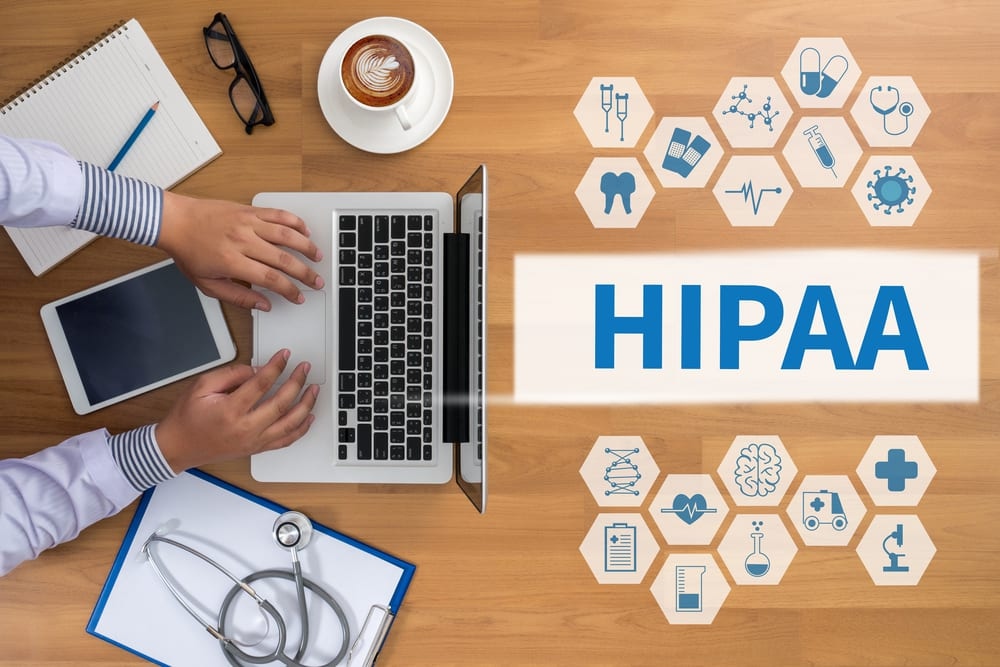
@ShahidNShah


The demand for AI-powered Communications Platform as a Service (CPaaS) in healthcare is evident: 75% of executives believe that generative AI has reached a stage where it is poised to reshape the healthcare industry. When the sector is set to face shortages of between 37,800 and 124,000 physicians by 2034, generative AI could alleviate administrative work, such as summarizing patient calls and managing electronic health records (EHRs), to allow medical staff to focus on improving patient care. Yet, privacy laws and a fragmented market have kept the healthcare industry from reaping generative AI’s full potential — until now. The Health Insurance Portability and Accountability Act of 1996 (HIPAA) is a federal law that safeguards sensitive patient health information (PHI) from being disclosed. Up to now, HIPAA-compliant data security and generative AI haven’t gone hand-in-hand as AI is trained on large datasets centrally and often by third parties. However, de-identification and federated training of deep-learning models are now helping industries leverage AI to stay protected.
In the evolving landscape of healthcare, as elucidated in the recent article titled "How Healthcare Communication Platforms Can Harness Generative AI in a HIPAA-Compliant Way," senior healthcare leaders must recognize the transformative potential of generative AI while upholding stringent privacy standards. The guidance for senior healthcare leaders is to champion the responsible integration of generative AI within healthcare communication platforms. To do so in a HIPAA-compliant manner, it is imperative to invest in robust encryption and data security measures, prioritizing patient privacy above all. Moreover, close collaboration with regulatory bodies and compliance experts is essential to navigate the complex web of healthcare regulations effectively. By harnessing generative AI technology, healthcare communication platforms can enhance the efficiency and accuracy of clinical communication and decision-making. This, however, should always be tempered by a steadfast commitment to safeguarding patient data and maintaining the highest standards of compliance. In this manner, healthcare leaders can navigate the dynamic landscape of AI while upholding the ethical and privacy imperatives inherent in healthcare delivery.
Continue reading at healthcareittoday.com
Headlines concerning the opioid crisis and its impact on patients’ personal lives have captured national attention, and rightly so—opioid addiction ruins lives and has a compounding effect on …
Connecting innovation decision makers to authoritative information, institutions, people and insights.
Medigy accurately delivers healthcare and technology information, news and insight from around the world.
Medigy surfaces the world's best crowdsourced health tech offerings with social interactions and peer reviews.
© 2025 Netspective Foundation, Inc. All Rights Reserved.
Built on Apr 2, 2025 at 6:10am